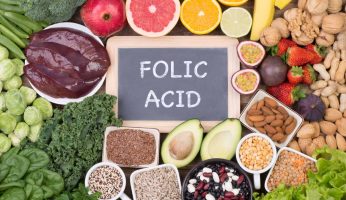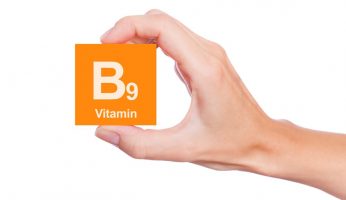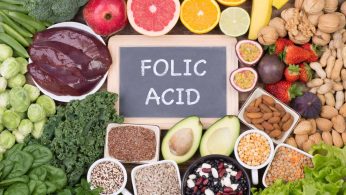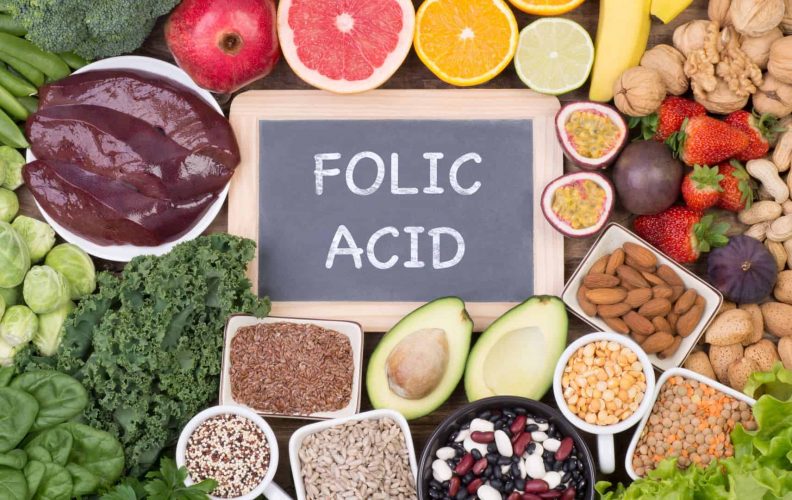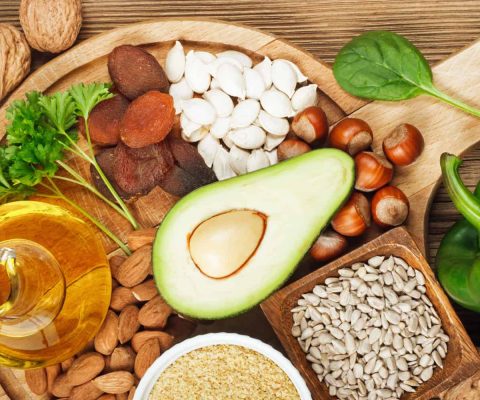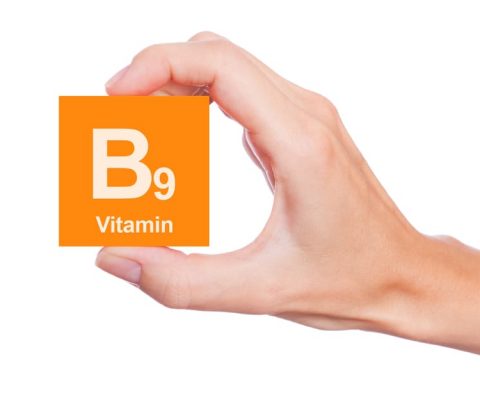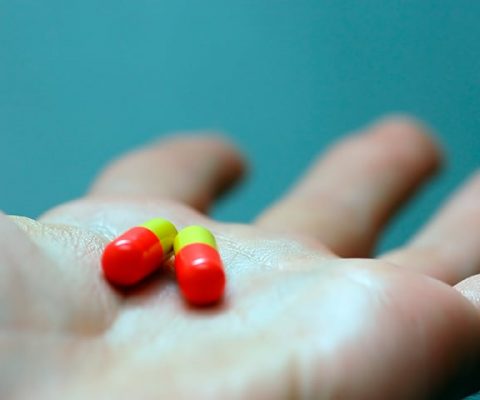Should Kids Take Vitamin Supplements?
Disclosure: We use affiliate links and may receive a small commission on purchases.
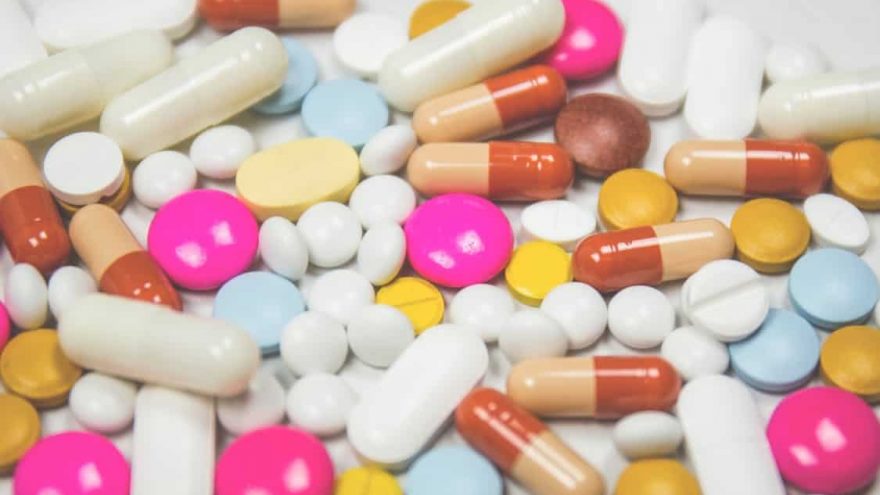 Should Kids Take Vitamin Supplements?
thefitbay.com
Should Kids Take Vitamin Supplements?
thefitbay.com
When becoming parents we take the responsibility to look after our children to our best. It doesn’t matter how much efforts we take to avoid unpleasant situations and diseases. Nevertheless, life is full of surprises and we face certain difficulties in this process. Any competent and adequate parent will agree that kids need vitamins and minerals for normal development and growth.
I won’t invent a bicycle if I say that vitamins and minerals are essential elements for the growth of children. As far as the human body is not capable to produce enough vitamins, the rest is obtained thanks to the food we take in. Nonetheless, the organism requires only tiny amounts of vitamins and it doesn’t mean that you should make your kids eat several kilograms of carrots to get the necessary amount of Vitamin A.
Kids consuming relevant amount of fruits, vegetables, dairy and greens don’t need vitamins, if not prescribed by the care provider. Even if the care provider prescribes some vitamins to a healthy kid, who has no health issues and appetite is good, then you had better consult with another physician.
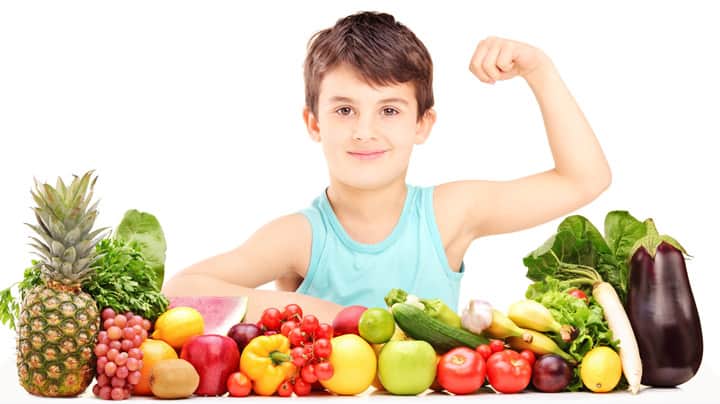
At the beginning of childhood kids rarely need vitamins as they get it even consuming small portions of food, although some parents insist on their taking more food regardless kids’ needs and requirements. However, youngsters may need a daily supplement of vitamins recommended by pediatricians.
Many parents often wonder whether their kids should take vitamin supplements or not? Generally if the child has a poor appetite or erratic eating habits, then he/she may need vitamins. It is the same with kids consuming only selective diet, like only vegetarian diet without dairy products may require extra intake of vitamins. For those children who have difficulty swallowing pills, there are chewable tablets.
These sorts of supplements are usually safe, but you should take into account that they are drugs all in all and taking them in excessive amounts can be toxic. It is even dangerous with fat-soluble vitamins like A, D, E and K. According to several scientists, in certain situations and diseases vitamin supplements are significant contributors to health.
Overall, guardians should take into account that large doses of vitamins given to children for conditions like dyslexia or other brain disorders have absolutely no scientific backing. Furthermore, these large doses may prove to be risky for children. A particular example of this is the administration of Vitamin C in large doses for the prevention of cold can induce diarrhea, headaches or even cramps in children.
That is why it is necessary to consult with your pediatrician before giving this or that supplement to your kids. Furthermore, don’t leave the bottle of vitamins on the table or other place available for kids. And remember that vitamins should be taken with careful consideration.
Thus, should kids take vitamin supplements or not? This is an arguable issue and pediatricians still break head on this issue. Since there is not a proven fact that vitamin supplements are necessary for healthy kids with no appetite problems, then you had better increase the vitamins your kids receive in their regular meals. Below we will discuss top six vitamins and minerals with a list of fruits and vegetables that are vital for your children’s proper health and growth.
Top six vitamins and minerals necessary for kids’ proper growth
A few vitamins and minerals stand out as critical for growing children. They are as follows:
- Vitamin A: Normal growth and development, tissue and bone repair, healthy eyes, skin and immune responses are promoted by Vitamin A. Good source of Vitamin A are eggs, milk, cheese, and yellow-to-orange vegetables like squash, carrots and yams.
- Vitamin Bs: The group of B vitamins — B2, B3, B6, and B12 contribute to energy production, metabolism, healthy heart and related functions as well as a healthy nervous system. Good sources of Vitamin Bs are found in meat, eggs, chicken, cheese, fish, nuts, milk, beans and soybeans.
- Healthy muscles, connective tissue and skin are developed thanks to Vitamin C. It is included in citrus fruit, kiwi, and strawberries. You should also use oranges, strawberries and green vegetables like kale as a good source of vitamin C.
- Bone and tooth formation are done due to the Vitamin D. It also helps the body absorb calcium. Good sources of Vitamin D are milk, cheese and fatty fish like tuna. Nevertheless, the best source of vitamin D is sunlight.
- Calcium is vital for strong bones as a child grows. Good sources of calcium are milk, cheese, tofu, yogurt, and orange juice.
- Iron is essential to the production of blood and helps build muscles. Its deficiency is risky for adults, especially for teenage girls at the onset of their period. Good sources of iron are red meat, poultry, and pork while seafood is also a good source. Not commonly known, beans are also a great source of iron along with green, leafy vegetables and dried fruit.
Kids needing vitamin supplements
Because of our reality some kids may often be deprived of well-rounded, home-cooked meals. Therefore some pediatricians may recommend them daily multivitamin or mineral supplements for those who:
- Aren’t eating on regular basis or refuse eating at all. Whose meals are not well-balanced and not made from fresh, whole foods
- Simply aren’t eating enough to get necessary amount of vitamins and minerals
- Have chronic medical problems such as asthma or digestive problems. Hence you should be sure to consult with your kid’s doctor before starting a supplement in case your child is on medication
- Are eating a lot of fast foods, convenience, refined or processed foods
- Are on a vegetarian or vegan diet (needing an iron supplement), a dairy-free diet (needing a calcium supplement), or other restricted diet
- Drink a lot of carbonated sodas, leaching vitamins and minerals from their bodies
Look for vitamins in fresh foods
As a competent parent you should know what is good for your kids and what is bad. It doesn’t matter how useful and good are multivitamins for kids. You should know that everything is good in its fresh form. Healthy kids get their best start from what they consume in the fresh form.
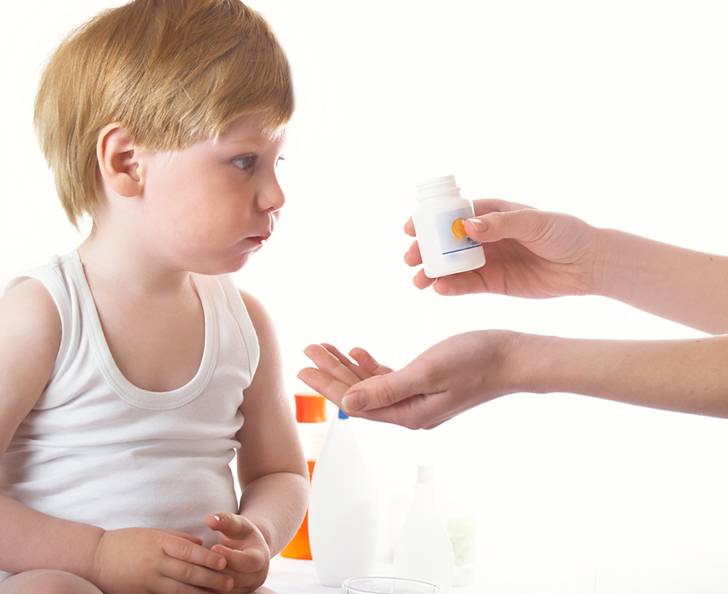
A wide variety of fresh foods are the base for good nutrition. Believe me, they are better than any fast or convenience food. You will find a wide source of minerals and vitamins in foods rich with proteins and carbohydrates instead of fats. Besides, the most vitamin-high and useful foods are fresh fruits and vegetables.
In case you want your kids receive more vitamins, put the emphasis on more variety than more food. It is important not to make your kid eat this or that vegetable if she doesn’t want. Reintroduce it again a few days later and prepared in a different way.
Tips for vitamins and healthy kids
In case you have made up your mind to give vitamins to your healthy kids, you should at least follow some instructions before doing it. If anyway you give vitamins to your kids, you should follow these tips:
- Never introduce vitamins as candy to kids. Put vitamins out of reach of children, and be attentive that they didn’t treat them like candy.
- Avoid battling over foods with your children or even worse, using desserts as a bribe.
- In case you kid takes an medication, consult with the doctor before giving her any vitamin or minerals. Otherwise the supplement won’t increase or decrease the medication dose.
- Use chewable vitamins instead of liquid or pill ones, if your kid is unable to swallow.
It is advisable to give multivitamin supplement to kids over 4 years, and with the prescription of the pediatrician.
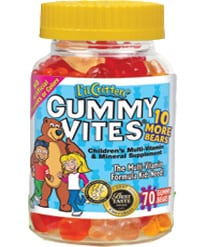
Nevertheless, I have to repeat myself and state that there is nothing better than sound nutrition. It plays a major role in the health, learning and development of your kids. Thus, you had better commit to feeding them healthy foods than buying supplements.
Furthermore, some multivitamins may even not include what you consider they should include. And as a result your kid will lack that certain vitamin in the end.
Are vitamins safe for kids?
How useful, harmless and kind they may seem, vitamin supplements are drugs in the end. As with any drug, they include both risks and benefits. Hence you should consult with your kids’ doctor before giving them any supplement and make sure that they are appropriate for their individual situation. Some kids may need vitamins, the rest minerals, while the other group multivitamins and so on.
If used appropriately, vitamin supplements are usually safe for children. Generally these supplements are marketed to parents as flavorful and easy ways for providing their kids with their daily nutritional needs. However, it should be noted that these supplements contain sugar and are costly. Moreover, it is quite possible that they might not contain all of the essential micronutrients that are important for the healthy development of your children.
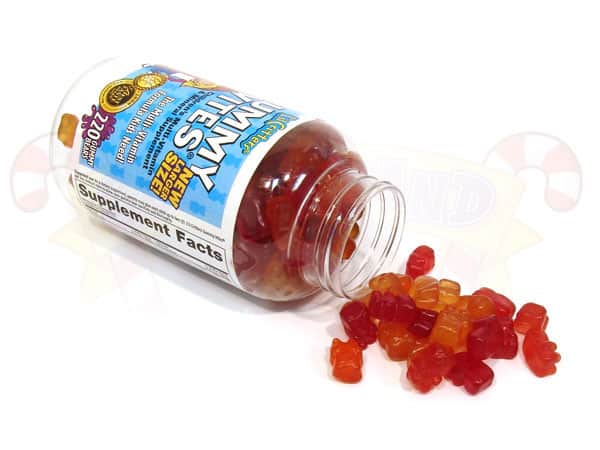
Perhaps you have decided to give your children supplements because they refuse to eat fresh fruits and vegetables or have poor eating habits. In case your kids don’t get enough nutrients from the consumed food, then taking multivitamin is considered safe, but it should be consulted with the care provider.
Dr. Andrew Weil recommends that children, who don’t get enough fresh fruits and vegetables in their daily diets and consume processed and fast foods, should take multivitamins. He also stresses that those children who eat a balanced diet, don’t need any supplement.
Dosage Cautions
Regardless the fact that the multivitamin is packaged with colorful cartoon characters, it is still not a guarantee that it is harmless for your children. The excessive intake of any vitamin can cause to serious health issues for your kids, so be cautious what and how much you give your kids.
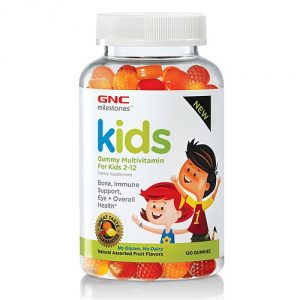
If your kids have normal eating habits, but you feel that they can benefit from supplements, discuss it with your physician before taking any action. Always consider the potential safety risks when treating with this or that vitamin and remember vitamins are drugs too. Even good is harmful when you exceed the allowable limit.
Potential Side Effects
Irrespective the fact how well-tolerated are the vitamins for kids, they may have side effects as well. Turn to a pediatrician, if your kid experiences one of the below listed symptoms.
The severity increases with the list.
- Diarrhea
- Upset Stomach
- Headaches
- Dizziness
- Difficulty breathing
- Rash
- Hives
- Nausea or vomiting
- Jaundice
- Dark urine
- Tightness in chest
- Swelling of the lips, mouth, tongue, or face
Toxic Megadoses
It is crucial to know that although vitamins seem harmless at the first sight, they can cause major health issue when overdosed. Never coax kids taking vitamins as candy. They may get false impression about them and face an accidental overdose. Also remember that too much good thing turns into a bad thing in the end.
Vitamin mega doses may cause
- facial and neck flushing,
- abnormal heart rhythms, fast heart rate,
- diarrhea,
- itching,
- abnormal skin pigmentation,
- liver damage,
- abdominal cramping,
- abnormally low blood pressure,
- kidney stones,
- neurological problems (difficulty walking, numbness, pains, and loss of reflexes).
Therefore you had better avoid exceeding the recommended daily allowance of vitamins or physician-recommended amount for any drugs. Otherwise you will face serious health issues and will put the lives of your kids at risk.
To sum up we should state that our children are the essence of our lives and none of us would like to see their suffering. Thus, why to take improper steps and make them suffer all their life because of certain health issues. They are insane and under our care. By becoming parents we take the responsibility to take care of them as good as possible and try to do less harm. What refers to vitamins, they seem harmless at first sight, but you should remember that any vitamin is a drug first of all. So, treat them as drugs instead of candies and teach the same to kids avoiding extra trouble.

